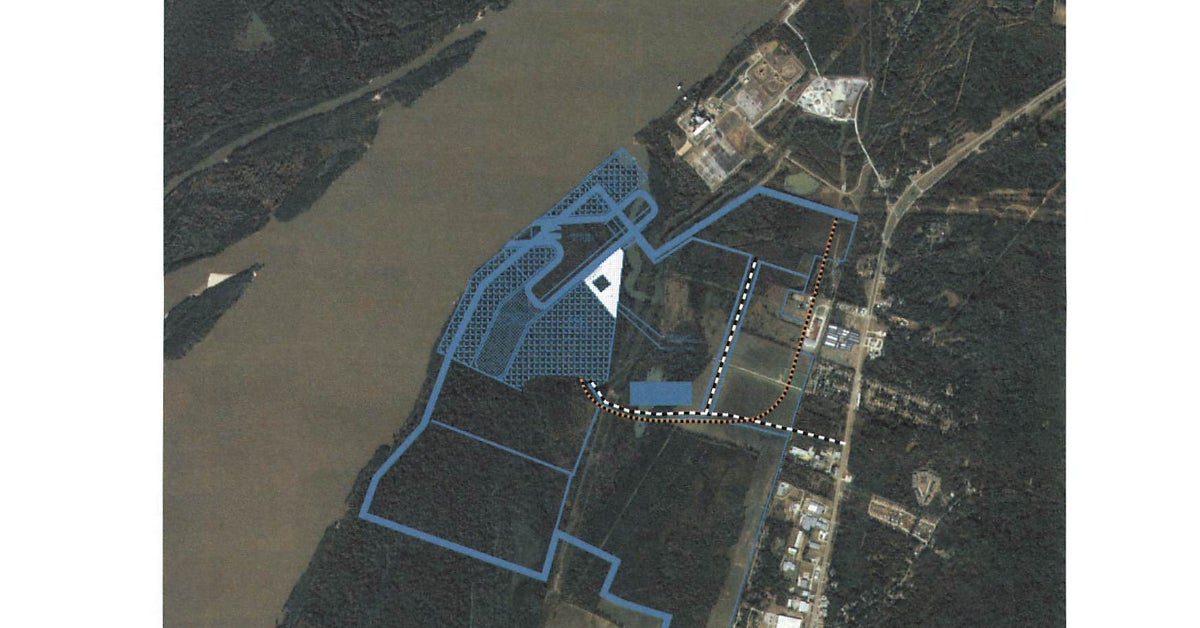Cell phones pose directional problems
Published 12:00 am Monday, November 27, 2000
A woman who has lost control of her car runs off the road on U.S. 61 North, but 30 minutes goes by before help can reach her because passers-by calling on their cell phones can’t give accurate directions.
“You talk about the ultimate stress for a dispatcher,” Melanie Roe, a 911 dispatcher said of just that accident two weeks ago.
Grabbing a car phone to notify 911 officials of an accident is a commendable action, but one that requires a little more thought than people realize, Emergency 911 director Lynn Marsalis said.
“It is a reflex action for some people, but they need to take the time to analyze the situation before they call,” he said.
Roe said the woman in the car off U.S. 61 resorted to blowing her horn until police could find her.
“We dispatched police to the general area we thought she was and they listened for the horn,” Roe said.
In this case, the wreck victim was not injured.
Marsalis said in the month of November, his office has received 2,608 emergency calls and 634 of those were from cell phones.
“That is about 24 percent of the calls, and that is pretty substantial,” he said.
Marsalis said his office doesn’t want to discourage cell phone owners from calling about wrecks or other emergencies.
“We appreciate the calls but we ask that people be more aware of where they are, where the accident is, and if there are any injuries or if the road is blocked,” Marsalis said.
He said part of the problem is that ambulances can’t be dispatched to a wreck or any other emergency until injuries are verified.
“It causes some stress and anxiety for us because we don’t know if we have a fender bender or a serious accident on our hands,” Marsalis said. “Our main concern is getting medical help to the scene if someone is injured.”
There is also the concern that cellular users will inadvertently cause another accident, he said.
“We ask that you find a safe place to pull off the road and then call us,” Marsalis said. “The last thing we want is for someone else to get hurt while they are telling us about a wreck.”
Marsalis said drivers seem to have a harder time giving directions when they are on the interstate.
“We avoid asking people for east or west directions and just ask are you headed to Monroe or to Jackson?'” he said.
Despite the headaches, Marsalis said, cell phone calls are beneficial in the long run.
“We would much rather get 10 calls about something happening than none at all,” he said.





